/prod01/university-of-lincoln-cdn-pxl/media/responsive2017/lincolninternationalbusinessschool/unescochair/exampleprojects/inclusivefutures/Inclusive,Futures.jpg )
Gender Pathways for the Future
About this Programme
Equality is a fundamental right, whether, for example, ethnic, gender or generational, means, among other things, equal stakes in the future and the benefits of future value. It is critical in achieving sustainable development outcomes as it helps promote economic stability and growth, while also reducing extreme poverty.
The programme contributes to SDGs 1,4,5,8, 10, principally SDG 5 Gender Equality and SDG 10 Reduced Inequalities
Example Projects
Women Leaders in Latin America
Dr Clarice Santos’ research on Women Leaders in Latin America has been largely focused on Brazil examining the current scenario and a pathway for sustainable development. She is also involved in collaborative research centred on cases in China, India, South Africa, and countries within the South American context such as Peru, Chile, Argentina, and Colombia. Dr Santos is particularly interested in the intersections of gender with race, ethnicity, culture and other diversity dimensions. She has recently received funding to examine gender-based violence and other topics that perpetuate inequalities.
Building the capacity of community organisations
Building the capacity of community organisations to engage in policy development and decision making to enhance democratic processes
Zoraida Mendiwelso Bendek develops applied research on building the capacity of community organisations to engage in policy development and decision making to enhance democratic processes. She works with partner organisations to co-produce inclusive community futures via the Take Part programme. The co-production approach creates university and community organisation partnerships. The legacy of this approach is a strengthened capacity in university and community organizational partnerships for social transformation and engagement with policy makers. One example is the Take Part programme with the Los Andes University, (Columbia) and the Mortenson Centre, University of Illinois, USA, which has initiated programmes in USA, Canada, Colombia, India, Spain, Qatar, Peru, Costa Rica, Argentina, South Africa, and Uganda. In Colombia, Costa Rica and Peru, 300 participants have supported community-designed development across 28 projects which had benefited over 2,000 citizens including parents and neighbours, caregivers of disabled youth, indigenous youth, members of youth groups and boy scout groups.
Other Programme Contributors
More Programmes
-
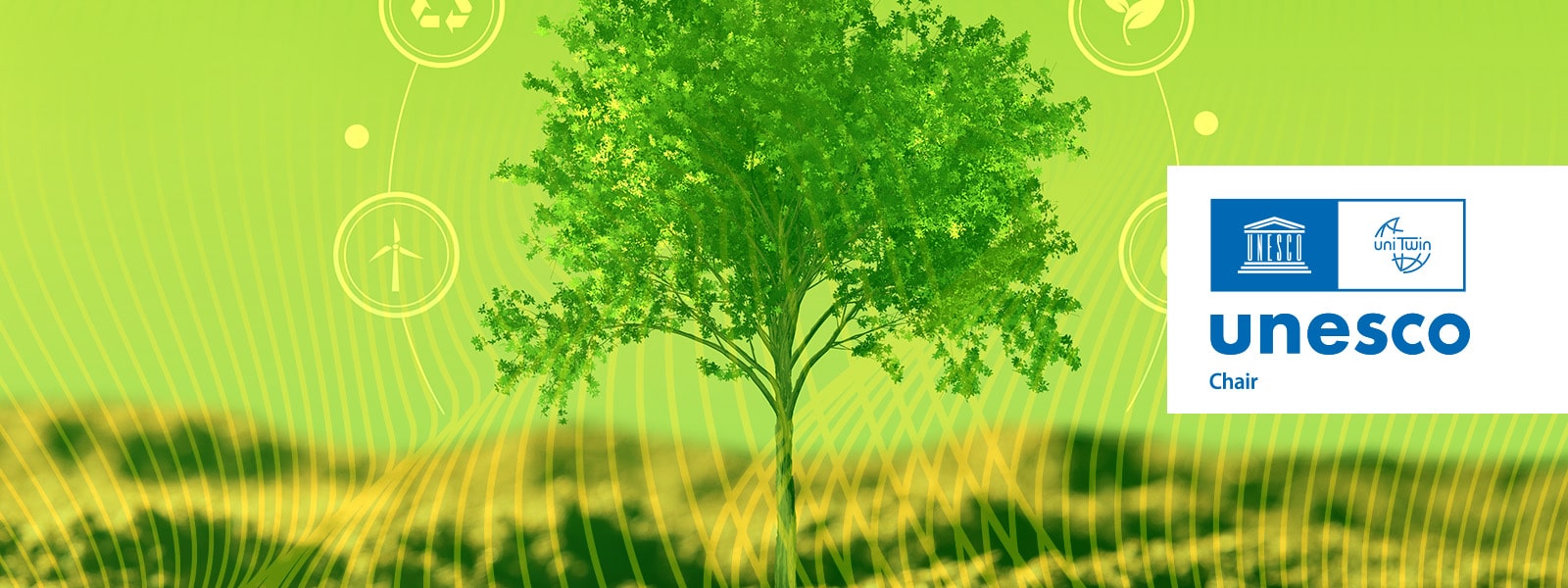
Responsible Futures
Responsible Futures is the umbrella research programme for the Chair. Its purpose is to introduce appropriate methodologies and narratives as a resource for research, education and capacity building in multiple contexts and with a range of partners.
-
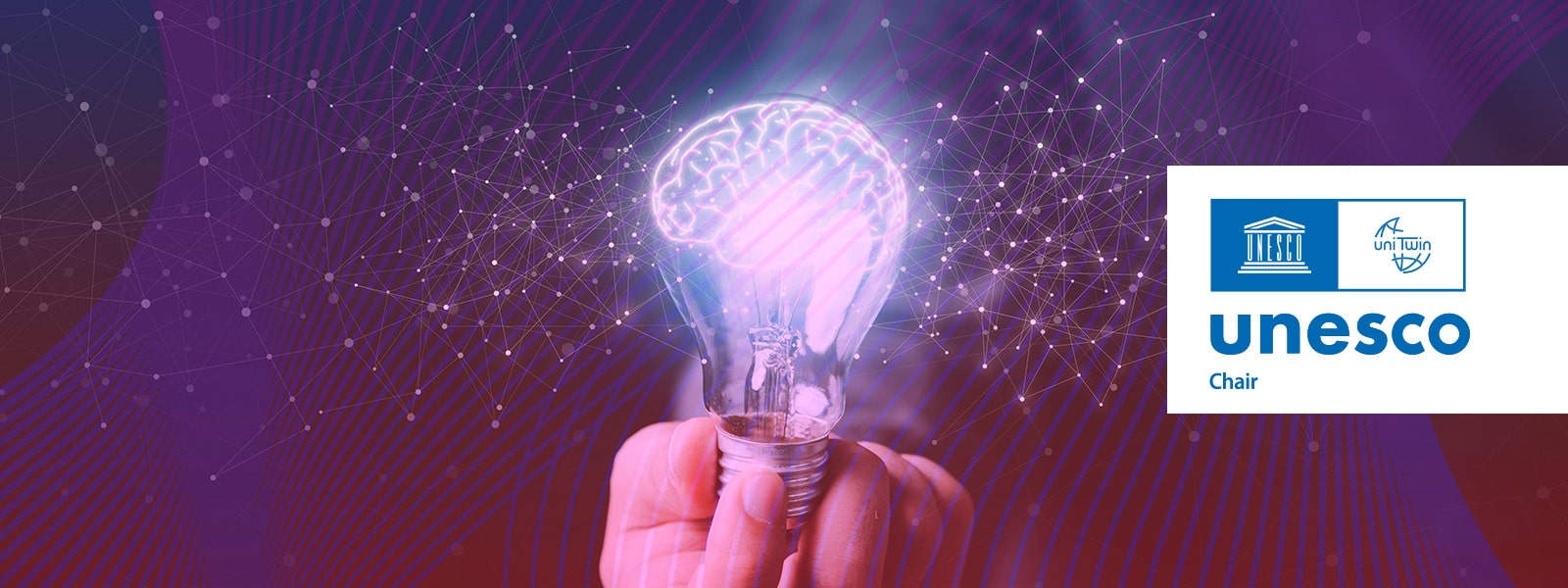
Futures of Responsible Entrepreneurship and Innovation
Entrepreneurship is a future-creating practice that demonstrates the power and value of human agency. This programme is concerned with the ways that entrepreneurship and innovation are shaping sustainable and responsible futures, and how the necessary skills and values can be developed.
-
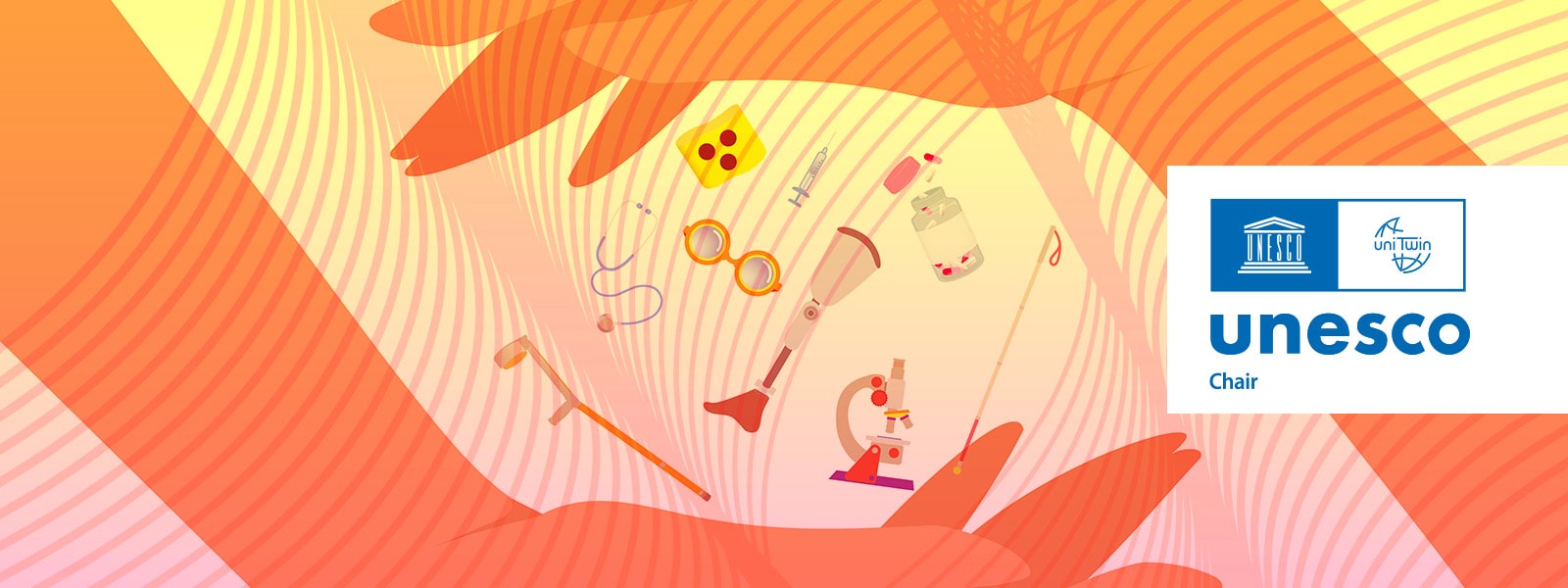
Gender Pathways for the Future
Equality is a fundamental right, whether, for example, ethnic, gender or generational, means, among other things, equal stakes in the future and the benefits of future value.
-
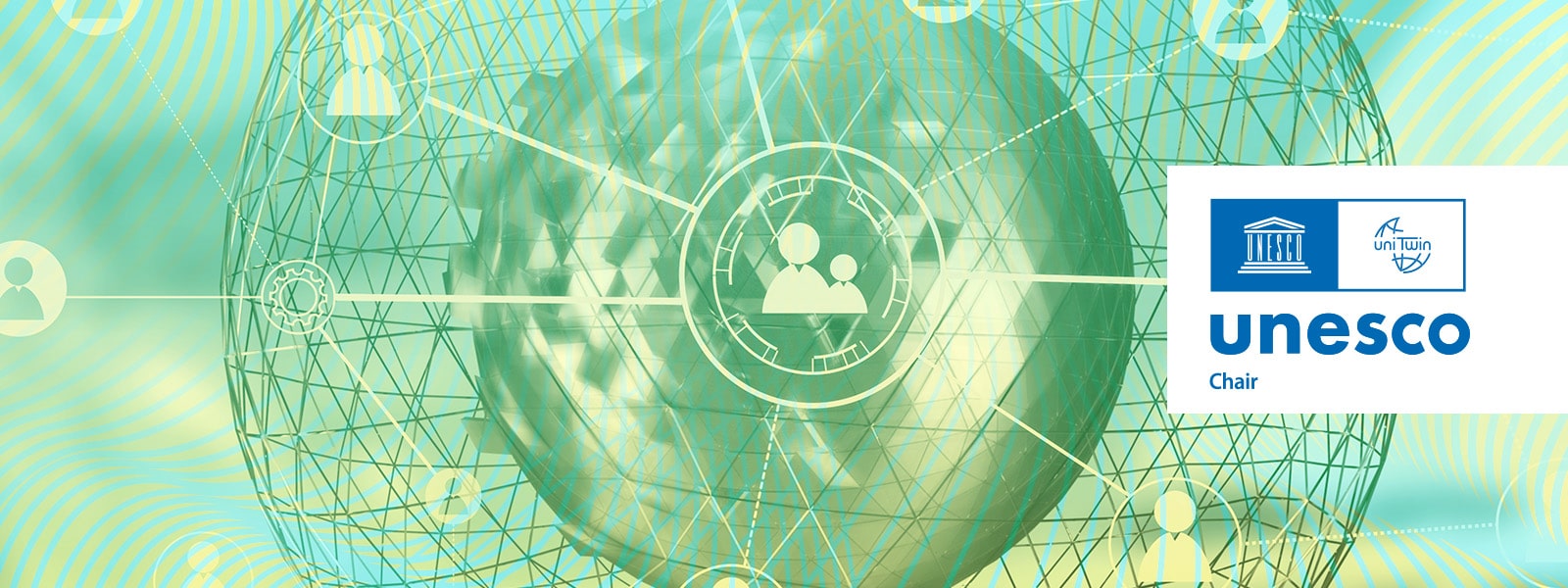
Institutions for Future Development
This work area contributes research and new knowledge to the understanding and development of stronger institutions and governance for sustainable development.
-
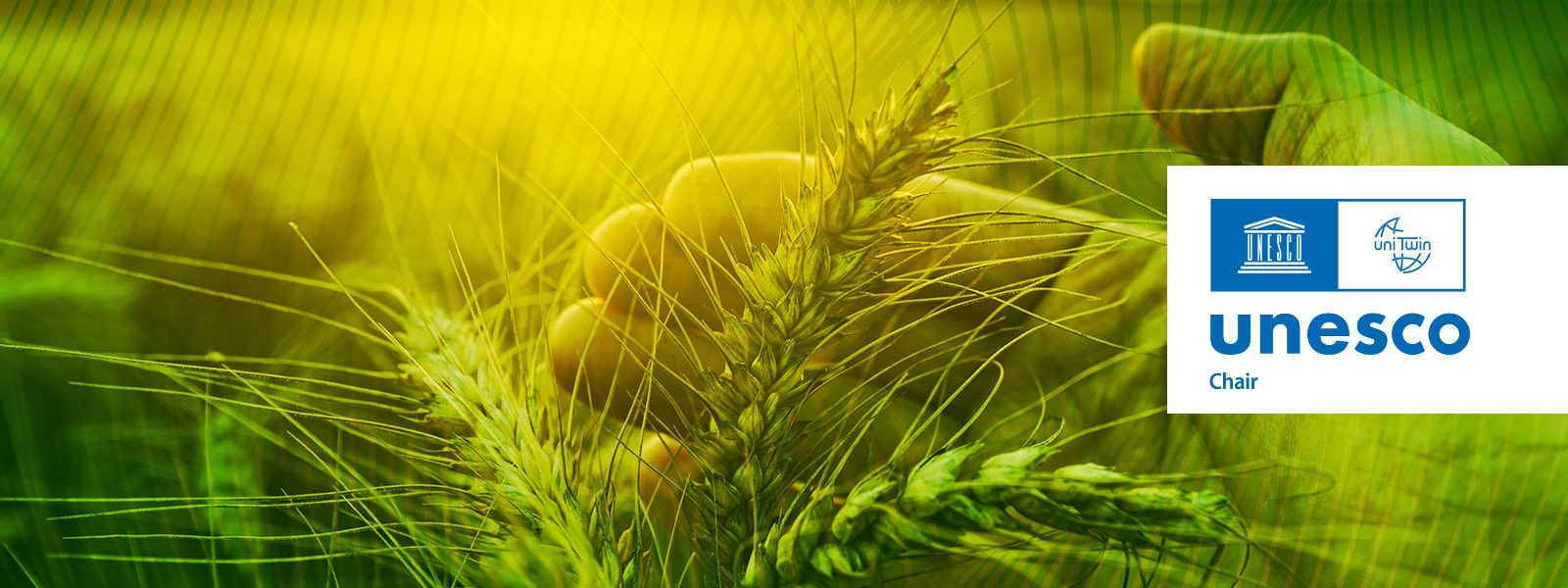
Sustainable Food Futures
The futures of food and of food security are central to sustainable development and equality. What and how we consume makes big differences to greenhouse gas emissions, to the availability of food and on humanity's capacity to produce good quality food for all.
-
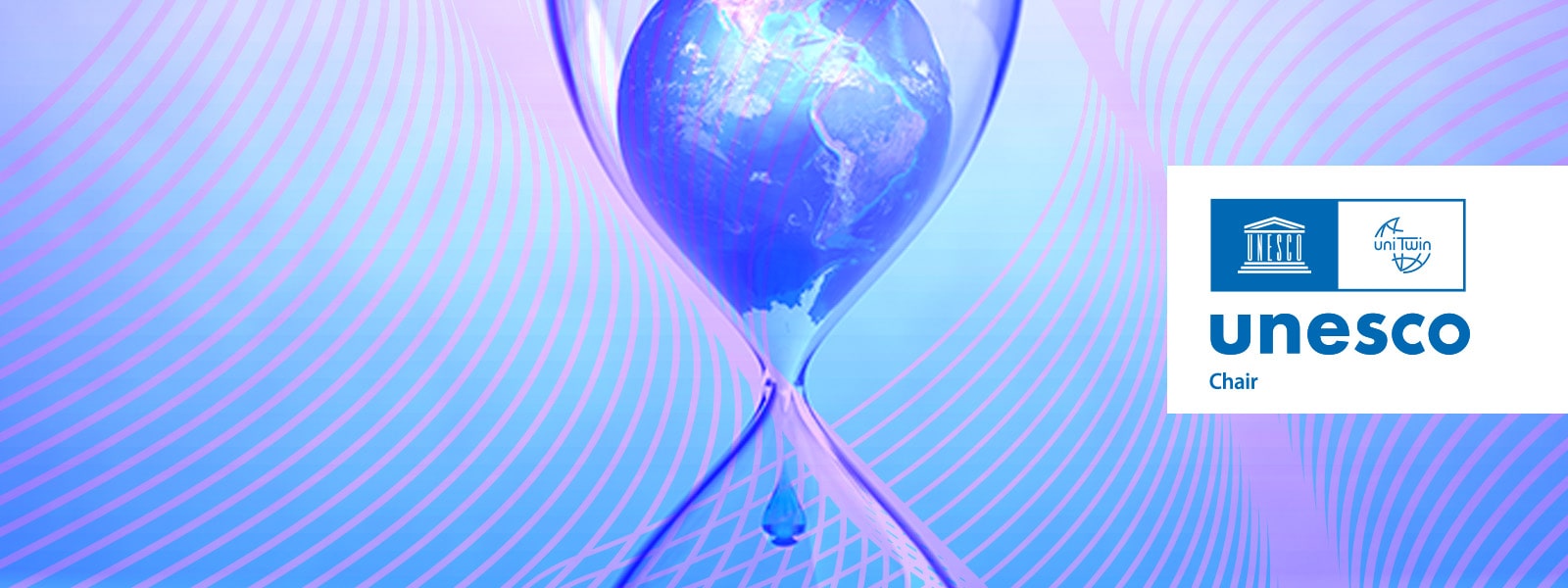
Climate Futures
In many respects, the issue of climate change and “net-zero” ambitions, is, or should be, an ever-present issue throughout all “sustainability” thinking and actions, as it represents an existential risk to humanity.
The designations employed and the presentation of material throughout this publication do not imply the expression of any opinion whatsoever on the part of UNESCO concerning the legal status of any country, territory, city or area or of its authorities, or concerning the delimitation of its frontiers or boundaries.
The ideas and opinions expressed in this publication are those of the authors; they are not necessarily those of UNESCO and do not commit the Organization.
Connect with Us
Lincoln International Business School
University of Lincoln
Brayford Pool Campus
Lincoln
LN5 7AT